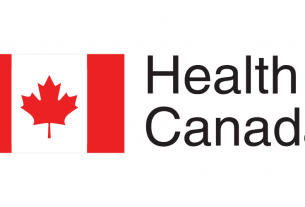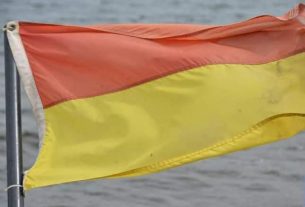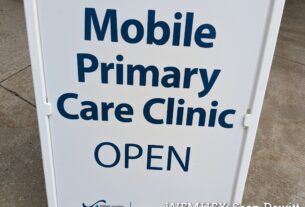**** Info via NS Government
Food Safety After a Power Outage
Food ma not be safe to eat during or after an emergency. Food may become contaminated with chemicals or bacteria during hurricanes, floods or other severe events and foods that require refrigeration may not be safe to eat if there is no power for an extended period.
During a power outage, store food safely
While the power is out, keep the refrigerator and freezer doors closed as much as possible. Add block ice or dry ice to your refrigerator if the electricity is expected to be off for more than 4 hours. Wear heavy gloves when handling dry ice.
Identify and throw away food that may not be safe to eat
- Throw away food that may have come in contact with flood or storm water.
- Throw away food that has an unusual odor, colour or texture.
- Throw away perishable foods (including raw or cooked meat, poultry, fish, eggs and milk) that have been above 4° Celsius for two hours or more.
- Throw away food containers with screw-caps, snap-lids, crimped caps (soda pop bottles), twist caps, flip tops, snap-open, and home canned foods if they have come into contact with floodwater because they cannot be disinfected.
- Throw away canned foods that are bulging, opened or damaged.
- If cans have come in contact with floodwater or storm water, remove the labels, wash the cans and dip them in a solution of 1 tablespoon of bleach in 1 litre of water. Re-label the cans with a marker.
Feeding infants
Breastfed infants should continue breastfeeding. Mothers who are breast-feeding should keep warm, eat well, drink plenty of fluids and snuggle babies close to them. For formula-fed infants, use ready-to-feed formula if possible.
Drinking Water
Water may not be safe for drinking, bathing or cleaning during or after an emergency or severe weather event. Water may become contaminated with bacteria, chemicals or other substances that can cause illness.
Listen to and follow public announcements. Local authorities will tell you if tap water is safe to drink or to use for cooking or bathing. If the water is not safe to use, you will be told to use bottled water or to boil or disinfect water for cooking and cleaning. For more information on what to do during a boil water advisory, please visit the Nova Scotia Department of Environment website.
What to do if your well is flooded
- Stay away from the well pump while it is flooded to avoid an electric shock.
- Do not drink or wash from the flooded well to avoid becoming sick.
- Get assistance from a well or pump contractor to clean and turn on the pump.
- After the pump is turned back on, pump the well until the water runs clear to rid the well of flood water.
- Disinfect the well and test for bacteriological quality after the disinfectant has been flushed out of the system.
- If the water does not run clear or disinfection is not effective get advice from the Nova Scotia Department of Environment.




